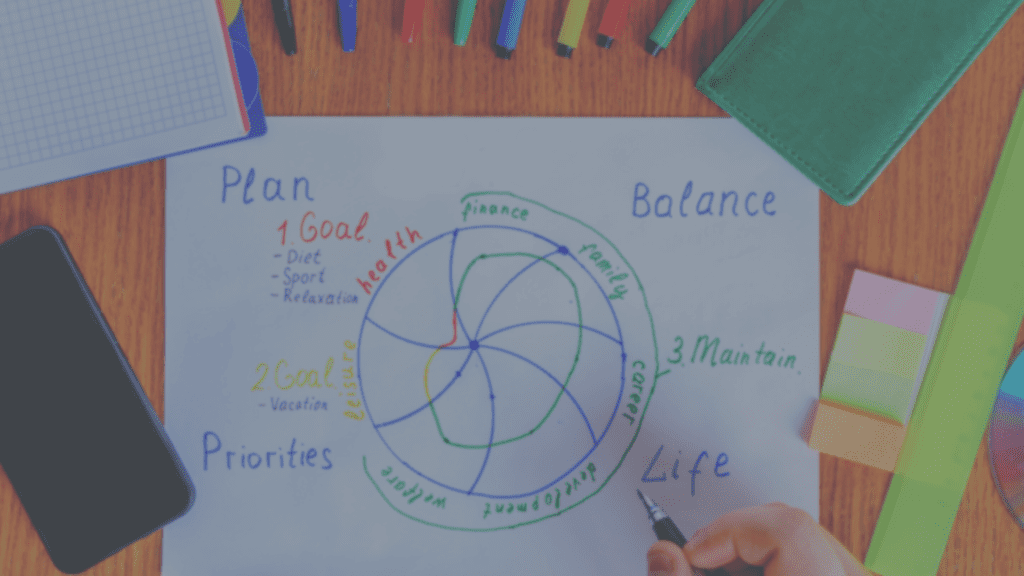Checking In On Yourself, Adjusting for Success
Self-Monitoring


What is Self-Monitoring
Self-monitoring, also known as self-checking, is the ability to assess how well you are progressing toward a goal. This executive function enables individuals to recognize when a strategy is or isn’t working and adapt accordingly. Effective self-monitoring helps people make necessary adjustments to ensure continued progress and success.
When self-monitoring is strong, individuals can proactively evaluate their performance, identify mistakes, and refine their approach. When self-monitoring is weak, people may continue ineffective strategies without realizing it, leading to frustration and missed opportunities for growth.
Tracking Progress, Making Adjustments
Understanding Self-Monitoring
Self-monitoring is more than just checking your work—it’s about evaluating your approach and adapting as needed. The components work together to ensure individuals stay on track and refine their methods for achieving success. Effective self-monitoring involves:
Awareness of Progress
Being conscious of how well you are advancing toward your goals.
Strategy Evaluation
Assessing whether the current strategies are effective or need to be adjusted.
Adaptability
Making necessary changes when an approach is not yielding the desired results.
Identifying Struggles
Recognizing Self-Monitoring Challenges
Recognizing self-monitoring difficulties is the first step toward developing strategies to address them. These challenges can manifest in various ways, including:
Using Ineffective Strategies
Sticking with an approach that isn’t working without realizing it.
Wasting Effort on Unproductive Tasks
Expending energy on details that don’t contribute to overall success.
Completing Tasks Late
Failing to track progress effectively, leading to delays.
Failing to Recognize Mistakes
Not noticing errors until it’s too late to correct them.
Avoiding Independent Work
Struggling to assess and adjust one’s own performance without external prompting.
Not Asking for Help When Needed
Missing cues that indicate when outside support would be beneficial.
Missing Social Cues
Overlooking nonverbal feedback that could help navigate social interactions more effectively.
Reflect, Learn, Adjust, Grow
Developing Self-Monitoring Strategies
Developing better self-monitoring starts with recognizing what isn’t working and adopting intentional strategies to improve awareness and adaptability. Here are some strategies to improve self-monitoring:
Develop Self-Monitoring Scales
Create rating systems to measure the effectiveness of your efforts.
Identify Effort vs. Results
Compare the time and energy spent on a task with the actual outcomes to ensure efficiency.
Set Reflection Times
Schedule specific times to review your progress and make adjustments.
Use Task Logs
Track completed tasks and reflect on what strategies worked well and what needs improvement.
Unlocking Your Potential Through Coaching
How Coaching Supports Self-Monitoring
Coaching provides structured support to help individuals improve self-monitoring skills and develop strategies that align with their strengths. With guided reflection, strategy refinement, and accountability, coaching helps individuals become more intentional in tracking their progress and making adjustments. Coaching can enhance self-monitoring through:
Increased Self-Awareness
Helping you become more conscious of your progress and the effectiveness of your strategies.
Strategy Development
Assisting in the creation of personalized self-monitoring techniques that work for you.
Regular Feedback
Providing consistent feedback to refine your approach and improve results.
Accountability & Follow-Through
Keeping you accountable for assessing your progress and making necessary adjustments.
Set Your Path
Fine-Tune Your Approach, Achieve Your Goals
Struggling to recognize when something isn’t working? If you often stick with ineffective strategies, overlook mistakes, or feel unsure about when to adjust your approach, self-monitoring coaching can help. Developing self-awareness and adaptive strategies ensures you stay on track and reach your goals. Get in touch today to start building strategies that help you check in, adjust, and succeed.
Discover Essential Cognitive Skills
Learn More About Other Executive Functions
Working Memory
Holding and Using Information Effectively Working Memory What is Working Memory? Working memory is a fundamental cognitive skill that allows...
Goal Setting
Elevate Your Performance Goal Setting What is Goal Setting? Goal setting is a crucial cognitive process that allows individuals to...
Inhibitory Controls
Filtering Focus for Success Inhibitory Controls What are Inhibitory Controls? Inhibitory controls are the brain’s ability to regulate attention and...
Goal-Directed Persistence
Staying the Course, Pushing Through Challenges Goal-Directed Persistence What is Goal-Directed Persistence? Goal-directed persistence is the ability to consistently work...



